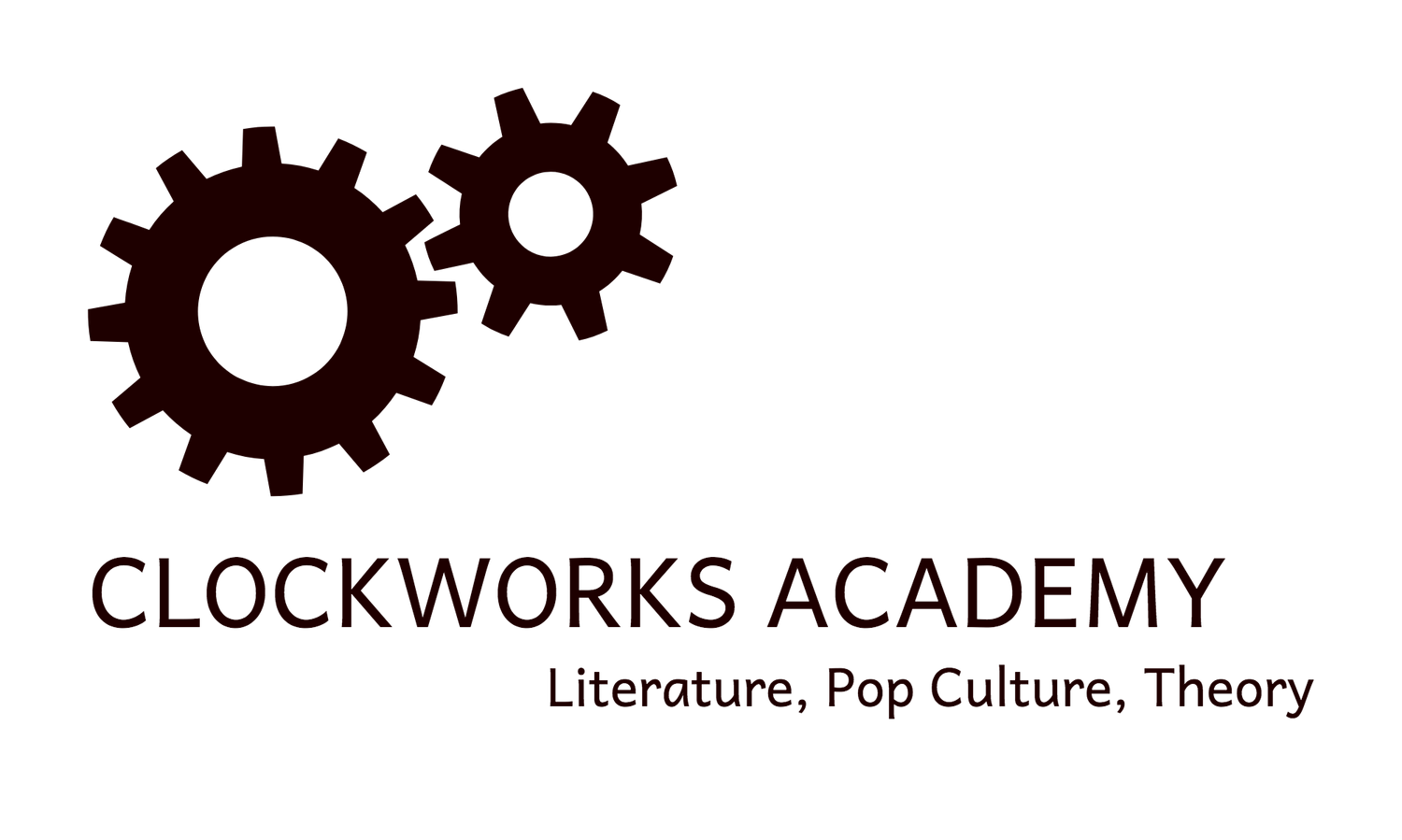Zombies in the Age of COVID
Haitian Zombies in a painting by Wilson Bigaud
The connection between zombies and Covid begins with the connection between zombies and infection. That connection is not an obvious one, although it might seem obvious to us now. The first zombie stories are told in Haiti, and those zombies are reanimated bodies under the control of a malevolent zombie master. Interestingly, the very earliest use of the word zombie (zombi, zumbi, spelling wasn’t standardized for a long time) was of souls without bodies, not the other way around. And that ghost, or phantom sense of “zombi” persists in Haiti, though not much elsewhere.
But that’s a digression.
Both in Haiti and outside it, zombies were not contagious at first, nor did they eat humans. Rather, zombies were victims of malicious sorcerers who used them as soulless, mindless labour. In other words, these zombies were a metaphorized representation of the evils of slavery.
Early zombie movies in the United States still had this sense of zombies as mindless labourers—in movies like White Zombie and I Walked With a Zombie the fear was not that the zombie would attack you but that you might become a zombie.
Bela Lugosi as the zombie master in White Zombie
The “Infected” in 28 Days Later show how zombies might be relevant to the fears that corona virus also raise.
When zombies shifted in American discourse into flesh-eating monsters, the cultural impact of George A. Romero’s Night of the Living Dead, the sense of zombies as a direct threat increased greatly, but the sense that zombies were themselves victims—the sense that becoming a zombie would be as bad as or even worse than being attacked by one—remained.
The line from Haitian zombies as a metaphor for slavery and modern zombies as a metaphor for disease has many steps, but the point is that by the late 20th century the conception especially in American popular culture was of zombies as inextricably connected to disease. Quasi scientific accounts of zombiedom in films like 28 Days Later… and its sequels, where the “zombies” are no longer even ostensibly dead but are living humans infected by a disease, solidified a sense that zombies are about infection.
If zombies dramatize a fear of disease—and the idea of a zombie apocalypse is a way of playing out an anxiety about a disease-born cataclysm—then zombies are especially relevant in the context of corona virus, when anxieties about disease are particularly acute.
In my Zombies Course here at Clockworks Academy I get into all of these issues in much more depth and I encourage you to raise your own questions and insights. Go to the courses page to sign up for the next instance of the Zombies Course!



